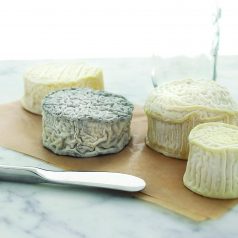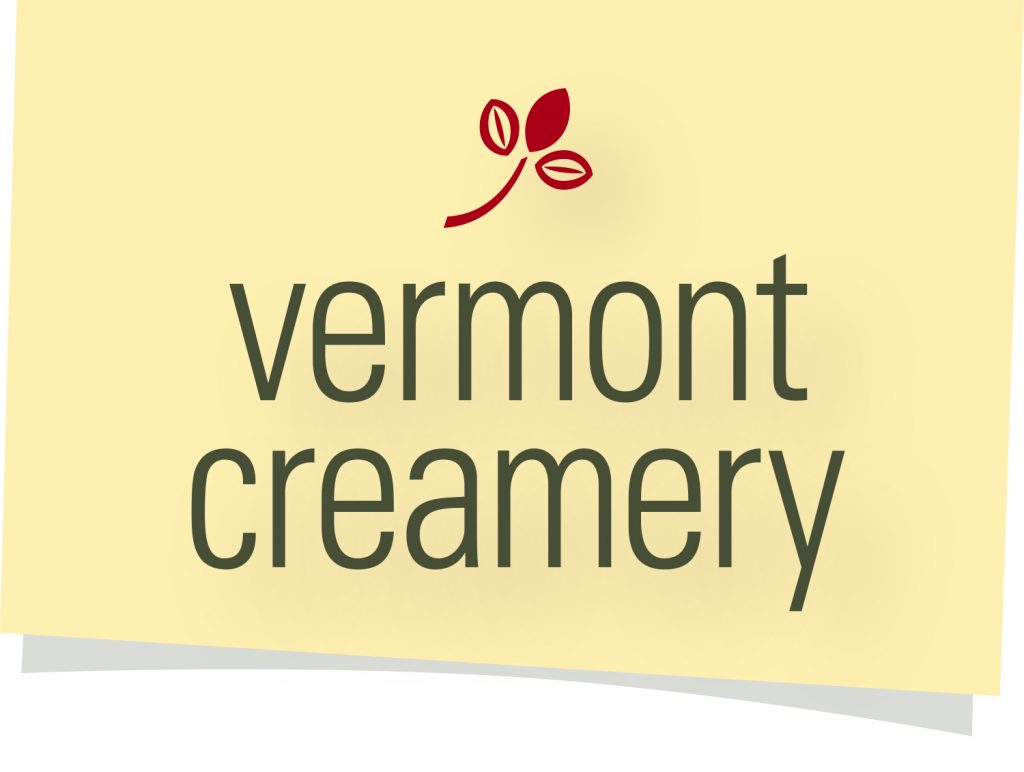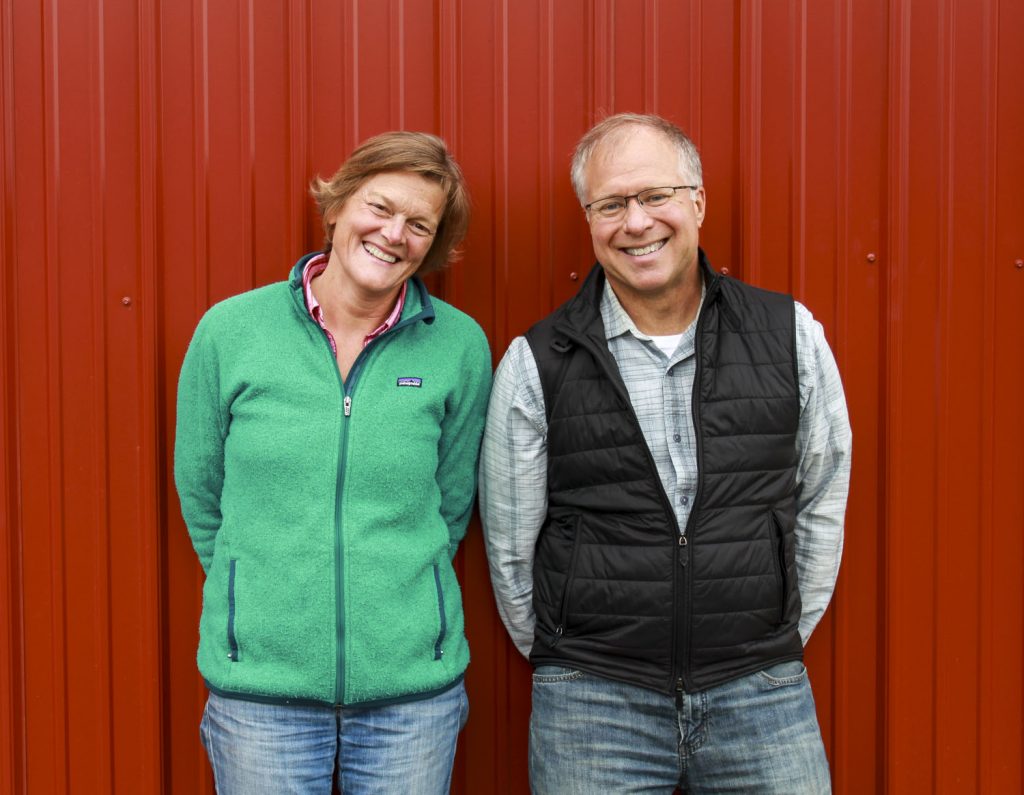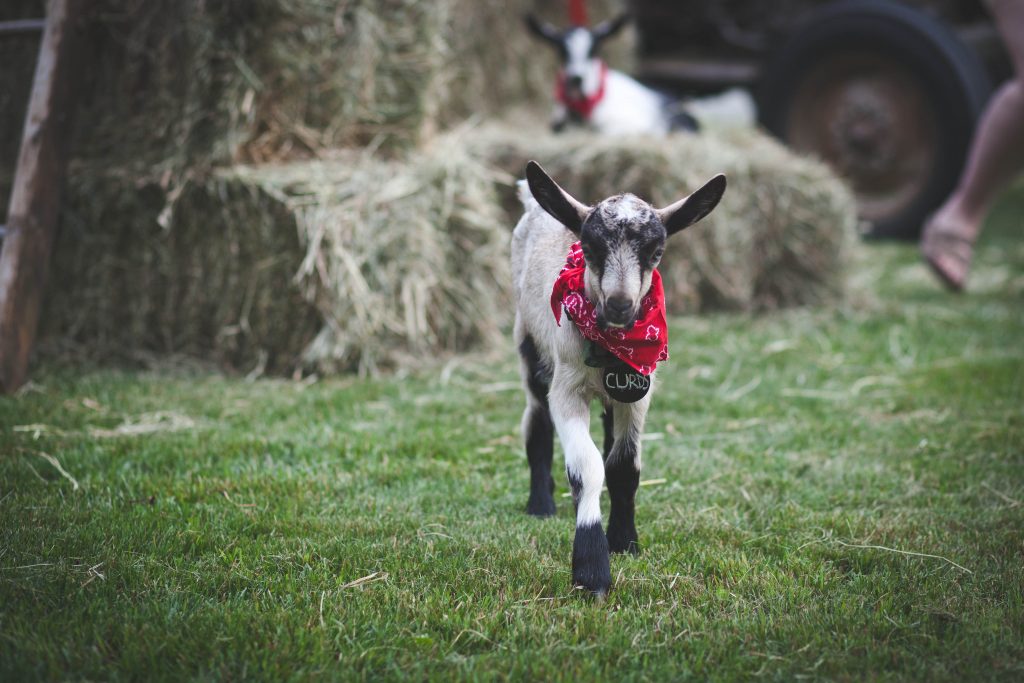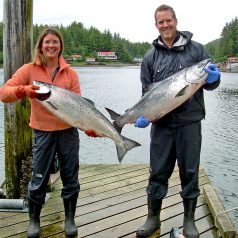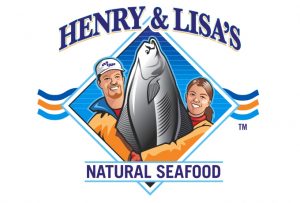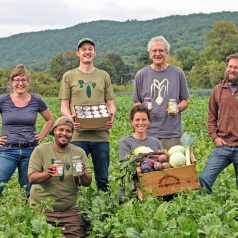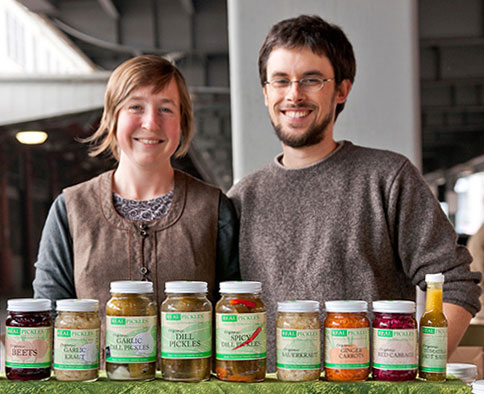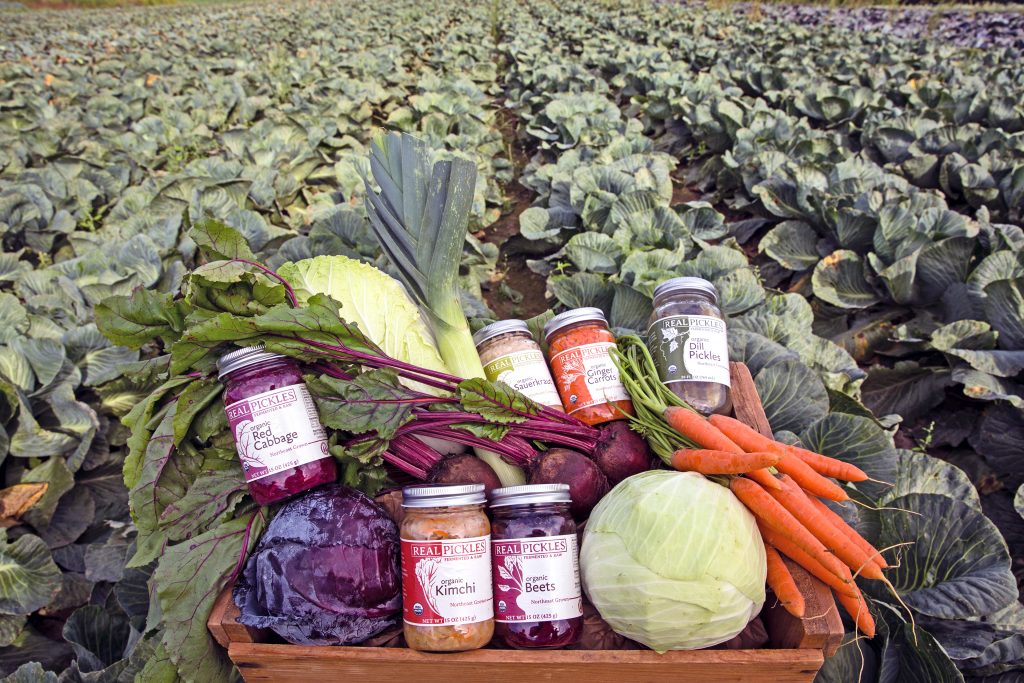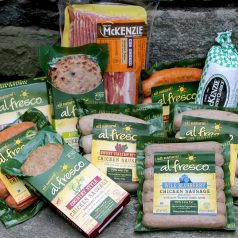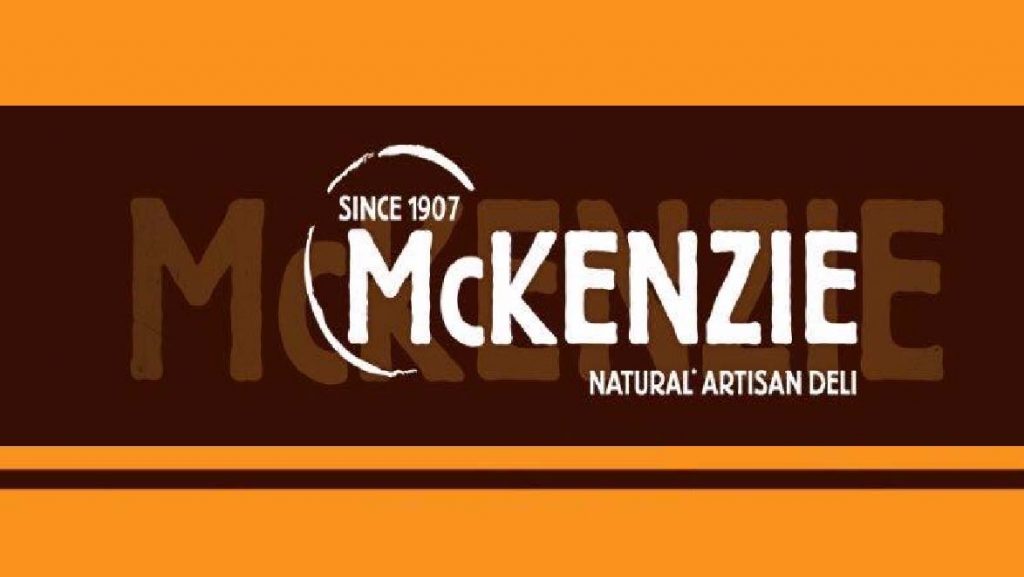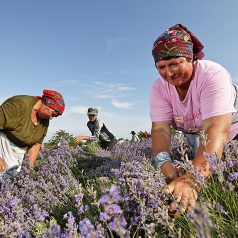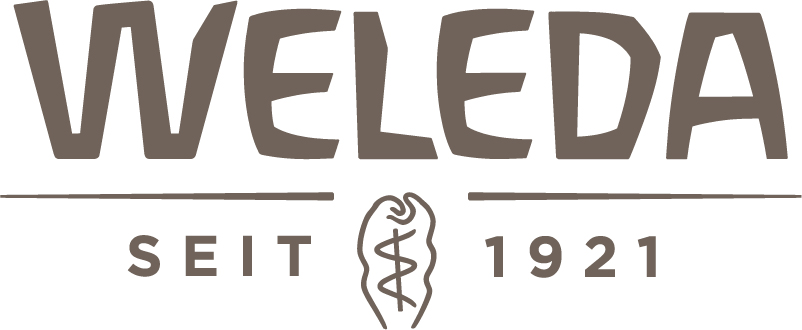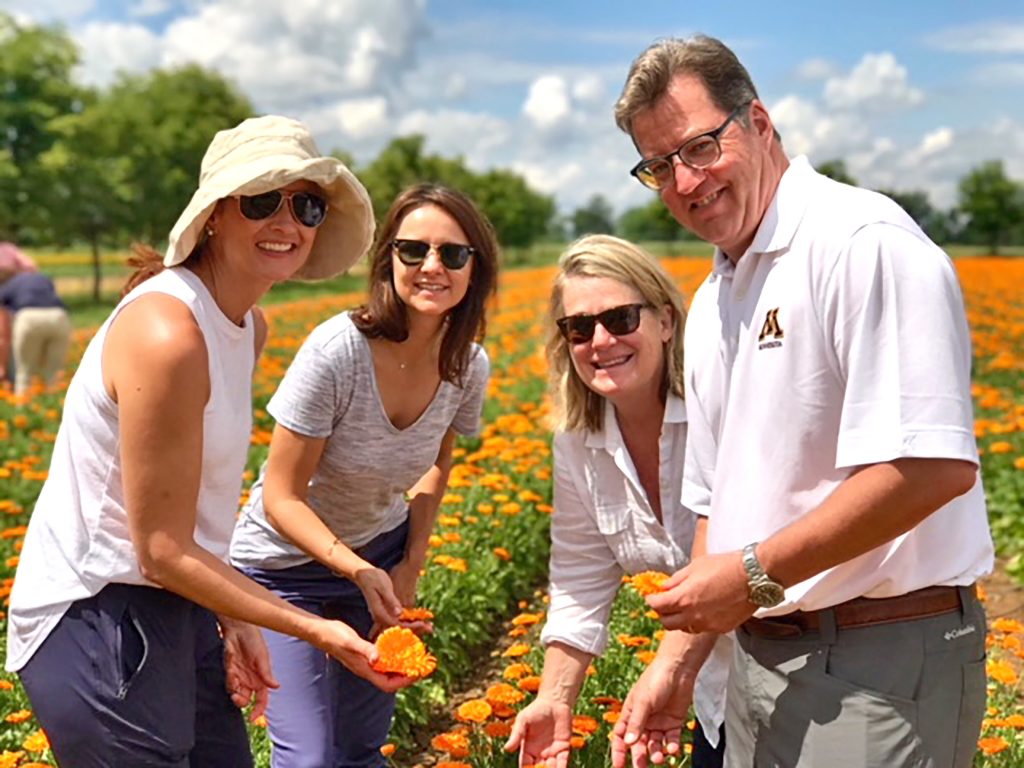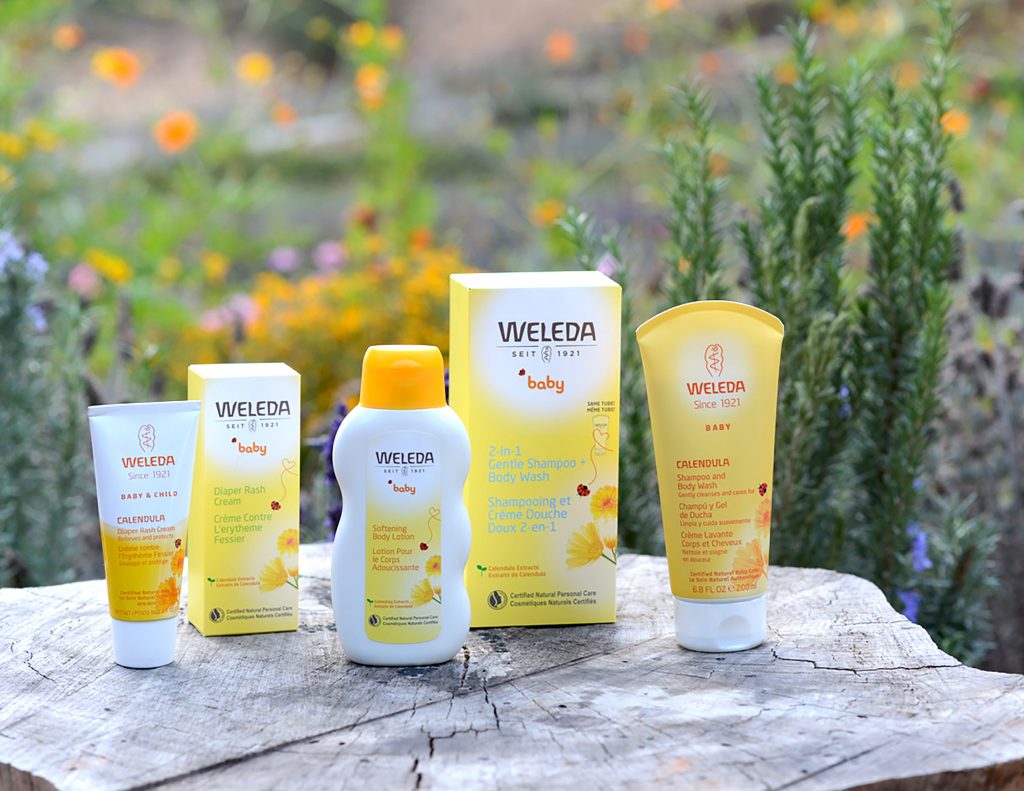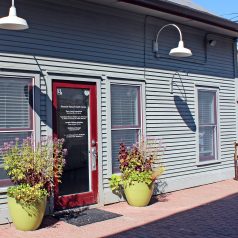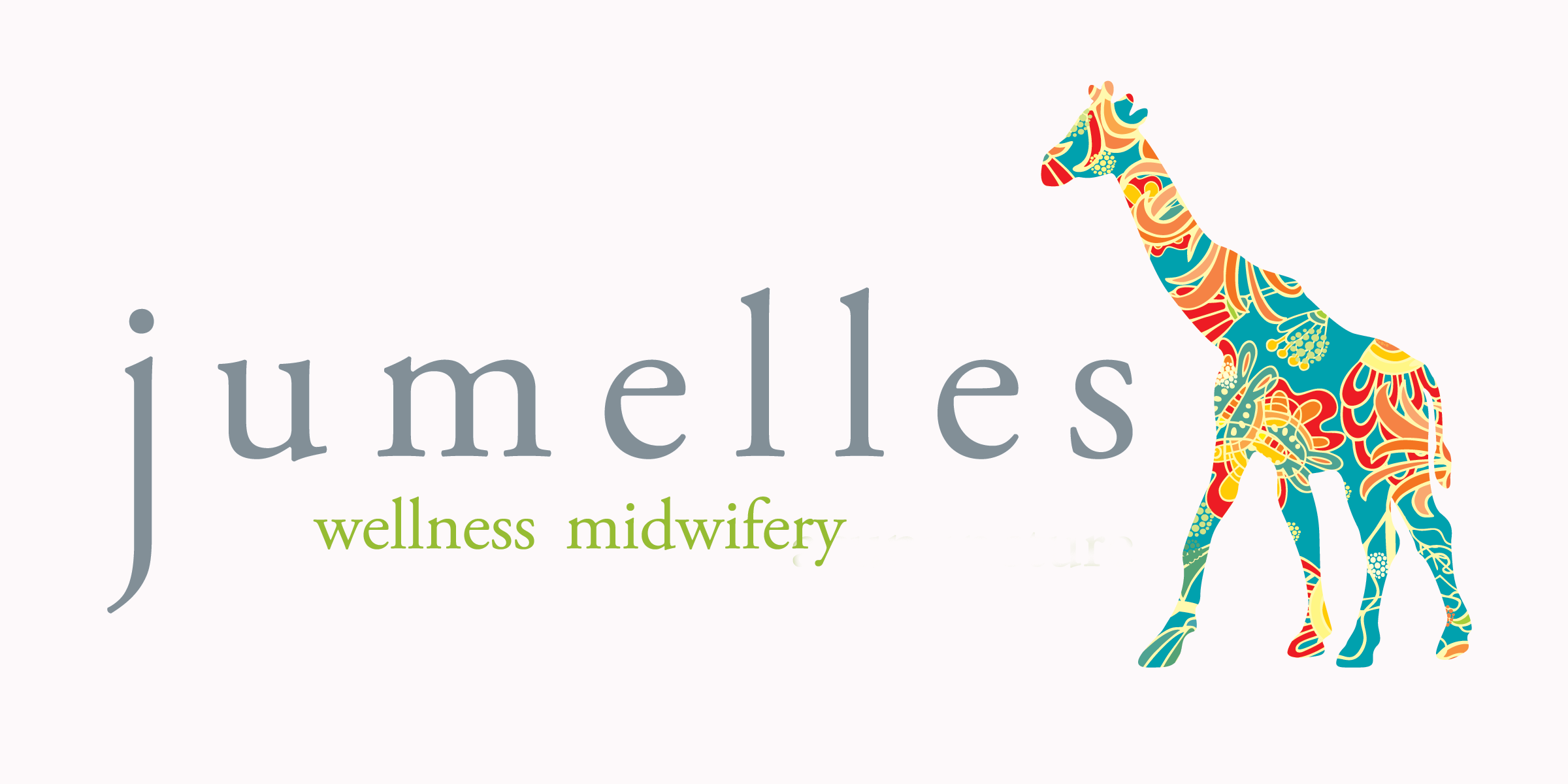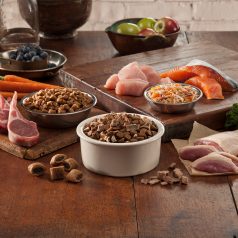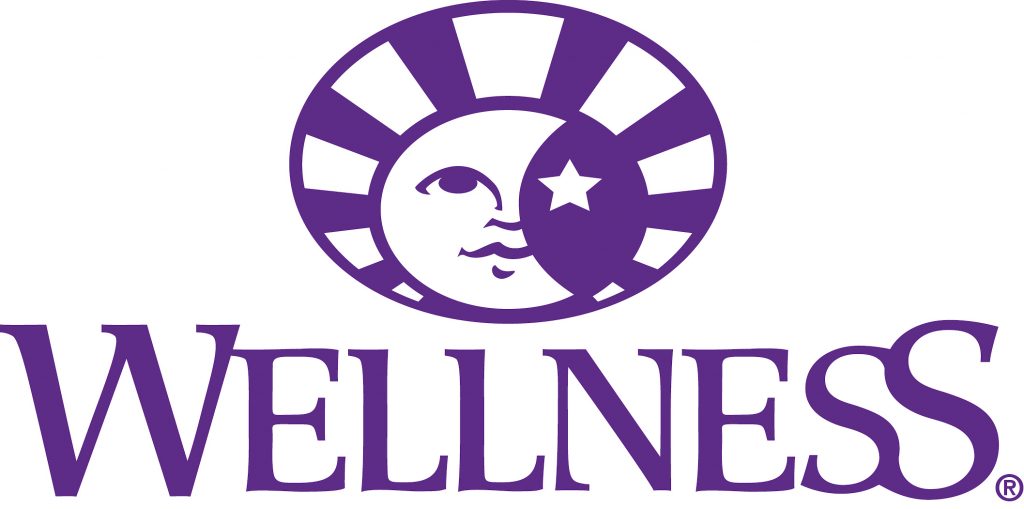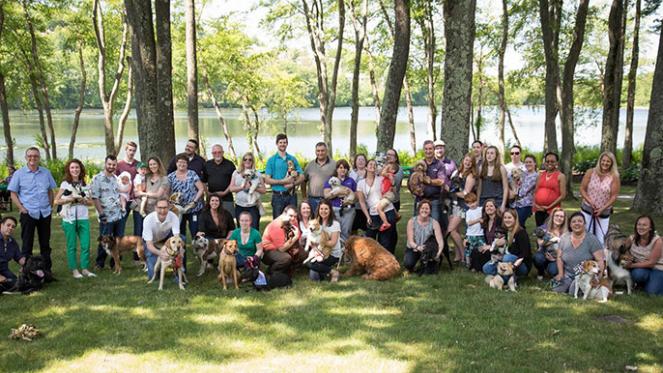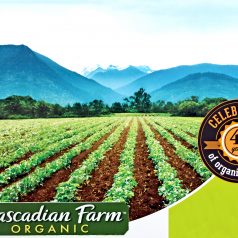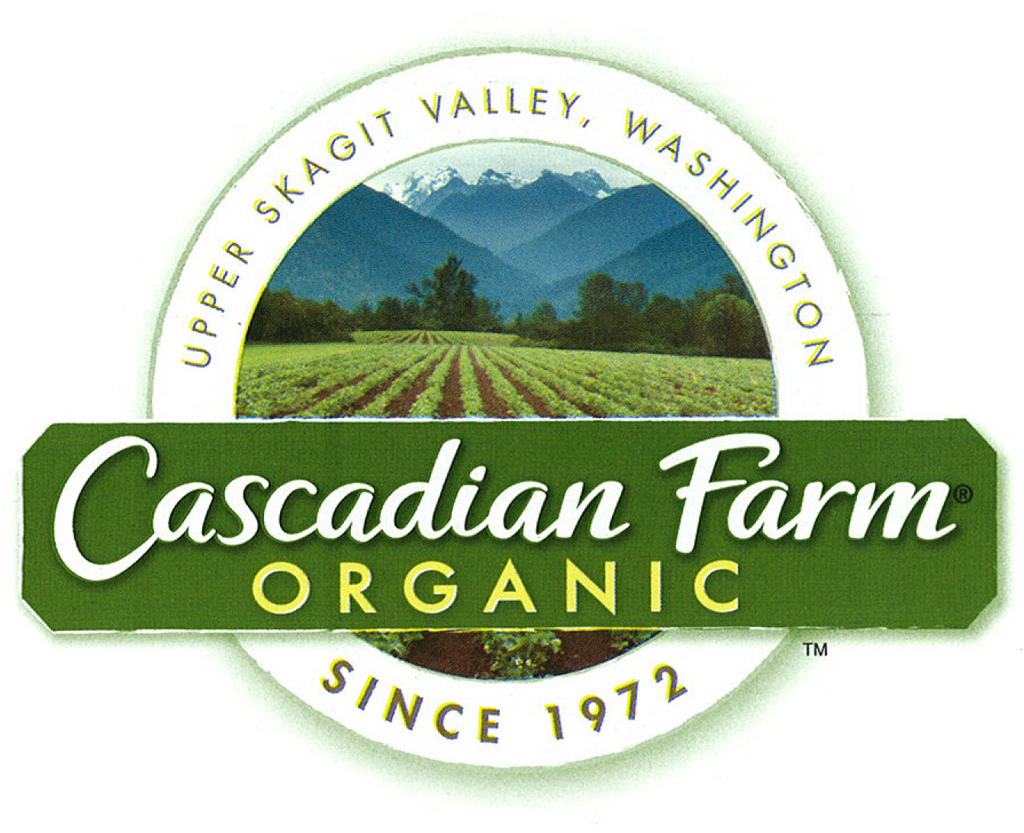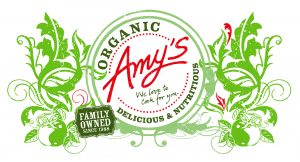
Spotlight on Newman’s Own
This week, we’re casting our Co-op Spotlight on Newman’s Own as a tip of the hat to a man who decided to launch a food business that gives away 100% of its profits to charity. All of Newman’s Own products will be 20% off for member-owners from June 14th – 20th! Read on to learn more about how Paul Newman accidentally found himself at the center of a successful food business and the impact of his incredible philanthropy:
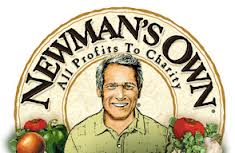
Paul Newman’s craft was acting, his passion was auto racing, his love was his family and friends. But his heart and soul were dedicated to helping make the world a better place. His commitment to philanthropy was clear — he used his influence, gave of his financial resources, and personally volunteered to advance humanitarian and social causes around the world. While Paul Newman was a Hollywood star of extraordinary celebrity and a person recognized for exceptional commitment and leadership for philanthropy, he lived his life as an ordinary person, which he always considered himself. He was a man of abundant good humor, generosity, and humility.
Newman’s Own began as a bit of a lark. In 1980, Paul Newman and his pal A.E. Hotchner filled empty wine bottles with his homemade salad dressing to give as gifts for the holidays. After friends and neighbors came clamoring for refills, Paul and “Hotch” were convinced that the special recipe was good enough to be bottled and sold.
Newman’s Own Salad Dressing was officially launched in 1982 and, surprisingly, became an instant success. The first year of profits exceeded $300,000 and Paul declared, “Let’s give it all away to those who need it.” Without ever taking personal compensation, Paul shared his good fortune. It was a unique concept at the time – giving away all after-tax profits, but he believed that helping others was just the right thing to do.
Paul Newman and the Newman’s Own Foundation have now been “giving it all away” for 35 years and recently reached a milestone of $500 million in donations, helping thousands of charities and millions of people around the world. Newman’s Own Foundation is an IRS-recognized charitable corporation, which carries on Paul Newman’s commitment to using all the money it receives (royalties and profits) from the sale of Newman’s Own products for charitable purposes. The Foundation is governed by an independent Board of Directors which is obligated by law to use the Foundation’s resources only to advance its charitable purpose. The Foundation makes grants to charitable organizations, pays for other qualifying charitable expenses, and sets aside reserves to cover future payments on pledges, establish a rapid response fund in case of disasters, make program-related investments, and cover unanticipated contingencies. The Foundation believes that each of us, through the power of philanthropy, has the potential to make a difference.
Click here to read more about the beneficiaries and impact of the Newman’s Own Foundation
Today, Newman’s Own produces over 200 individual products across 20 categories. Always great tasting, always top quality, just the way founder Paul Newman insisted. The enterprise remains true to Paul’s original mission and values, using only all-natural, high-quality foods and donating 100% of profits and royalties to charity. Who would’ve thought that so much good could come from a simple idea? As Paul said, it has been “a heck of a ride.”

